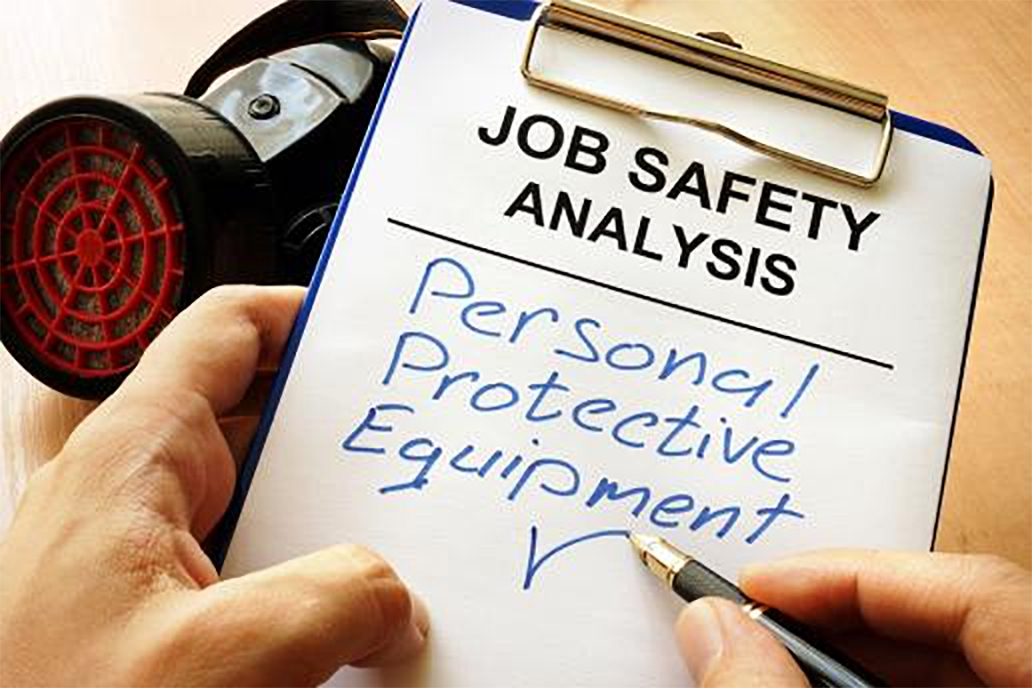From April, regulations change to make employers responsible for providing personal protective equipment (PPE), such as hard hats, hi-vis jackets and steel toecap boots, to casual workers as well as their PAYE employees.
Casual workers are described in the regulations as 'Limb B' workers.
These are people who:
- carry out casual or irregular work for one or more organisations
- after a month of continuous service receive holiday pay but not other employment rights such as the minimum period of statutory notice
- only carry out work if they choose to
- have a contract or other arrangement to do work or services personally for a reward (the contract doesn’t have to be written) and only have a limited right to send someone else to do the work, for example swapping shifts with someone on a pre-approved list (sub-contracting)
- are not in business for themselves (they do not advertise services directly to customers who can then also book their services directly)
As every employment relationship will be specific to the individual and employer, the precise status of any worker can ultimately only be determined by a court or tribunal if it comes to a dispute.
People who are self-employed or have set hemselves up as a company will remain responsible for their own PPE.
The new Personal Protective Equipment at Work (Amendment) Regulations 2022 (PPER 2022) come into force on 6 April. They are explained on the Health & Safety Executive website here.
Apart from the amendment making employers responsible for the provision of PPE for casual workers, the 1992 PPE Regulations (PPER 1992) remain the same.
The change follows a High Court judgement in 2020 making it clear the regulations should apply to casual workers. That judgement was followed by a consultation in the summer last year, when the Health & Safety Executive (HSE) made it clear that the High Court judgement meant the regulations would have to be amended.

